Aart Jan De Geus is the Chairman and CEO of the German foundation Bertelsmann Stiftung. He worked with trade unions and as a management consultant before moving into public service, where he was Minister of Social Affairs and Employment in the Netherlands and Deputy Secretary-General of the OECD. He has been a member of the Sitra International Advisory Panel for several years.
You are in the midst of the Advisory Panel meetings as we speak, so thank you for taking a few minutes out of your busy schedule to talk to us. How is it going so far?
It is going very well. Sitra should be proud that they have attracted such high-level staff members. I have worked with many think tanks in my career, and I have noticed they seldom have all the competences they need. Sitra has it all. They have the scientific expertise, a good sense of political relevance and communication skills. These are important capabilities to possess.
How would you describe Sitra’s role in Finland?
Sitra looks at future challenges for Finland in a non-partisan and non-departmental way. By non-partisan I mean Sitra does not serve a political party or political agenda. It focuses on the public good. By non-departmental I mean it does not serve a single ministry. It serves everyone. Sitra works across the government and across the parliament to add value.
Sitra is on the frontier of think tanks because here science and political debate can come together. Just as an example: what is the impact of technological changes on the labour market? There are not many actors around the world with these qualities.
Sitra is on the frontier of think tanks because here science and political debate can come together.
How do you view Sitra from a global perspective?
Many of the challenges Finland faces are global, such as climate change, digitalisation and the ageing of society. Finland can meet its strategic challenges by learning lessons from what others around the world are doing. These challenges are critical and we don’t have time to experiment. We don’t have time to learn from our own failures, so we should learn from others around the world.
Additionally, the world can learn about Finland from Sitra. The depth and quality of Sitra’s analyses impresses me compared to what I see from other think tanks, and these provide great information about Finland to the rest of the world. Finland ranks high in so many global lists, such as for sustainability, well-being or quality of society. There is a lot of interest in the so-called Nordic model of both the private and public sectors working together. Sitra can help explain the success of Finland to the world.
What major trends do you see in Finland’s future?
There are a number of megatrends such as demographic changes, climate change, digitalisation, globalisation, urbanisation, feminism and energy scarcity.
Climate change is the most worrying megatrend.
Some of these megatrends present both opportunities and threats, such as globalisation, but others are only threats, like climate change. Climate change is the most worrying megatrend. This was caused by human behaviour and needs to be cured by human behaviour.
What projects are the people of Bertelsmann Stiftung working on which would be of interest to Finns?
One is our project to strengthen the eurozone. Finland uses the euro and depends on its good functioning. We are studying ideas and policy options to unleash the opportunities of the common market for the long-term goal of repairing and preparing the eurozone.
Another project which is already on Sitra’s agenda is to revitalise democracy. The classical institutions of democracy are in a critical stage. We need to revitalise the party system and make use of new tools which digitalisation allows, such as citizen consultation and social media. Here we are running experiments, analysing results and following up.
The third is about labour market and education. When refugees arrive in a country like Germany or Finland their competences are rarely described in a way employers understand. We have developed a competence test which determines what level of practical skills a person possesses. This is extremely helpful for both the employer and employee.
Are there any challenges that should be prioritised?
I believe a major challenge for Finland is demographics, and this is definitely something Sitra needs to be working on. The ageing of society is a reality for Finland. There will be psychological and sociological effects as well as changes to objective wellbeing to all citizens. Sitra and other organisations need to think of demographic change in a profound way.
Demographics is the most predictable of megatrends. Other trends may have unforeseen Black Swan events, but we know what to expect in demographics.
Additionally, digitalisation is intersecting demographics. For the first time in human history we have reached a state where the life cycle of a human being is longer than the lifecycle of a profession. As we talk you are writing with a pencil on a pad of paper, but our children will do their “writing” with technology we haven’t even dreamt of yet.
Maybe the profession of writer won’t exist in the future. Maybe I’ll be out of a job.
Perhaps. We have not adjusted yet to what this means for society. We need to rethink lifelong learning and innovation in professions. We need to shape these trends, to understand what is happening and act so that the benefits of digitalisation reach everyone and not only shareholders.
Everyone talks about the data economy, but Sitra puts the human in the centre.
One of Sitra’s signature projects is the human-driven data economy. Everyone talks about the data economy, but Sitra puts the human in the centre.
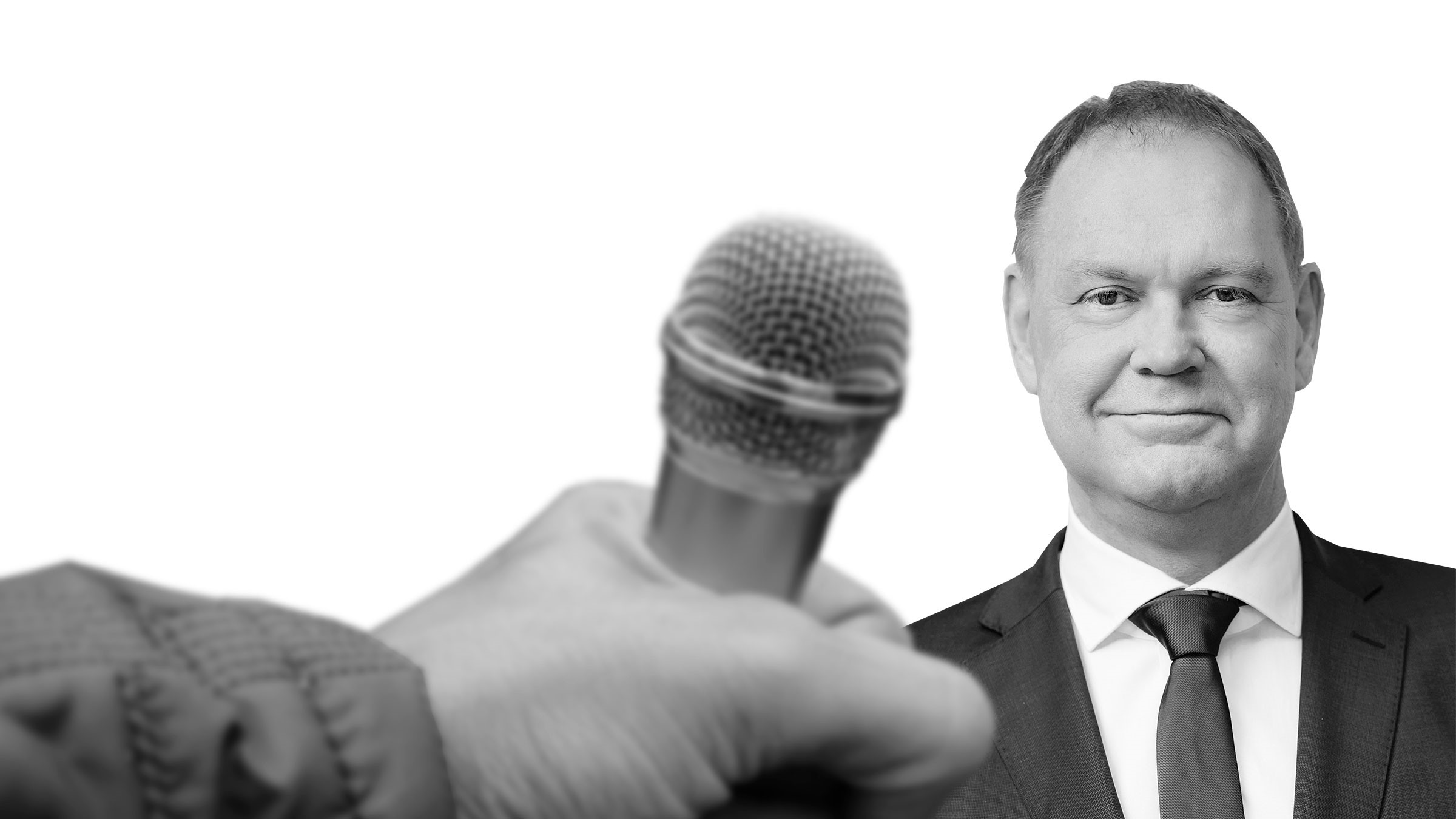
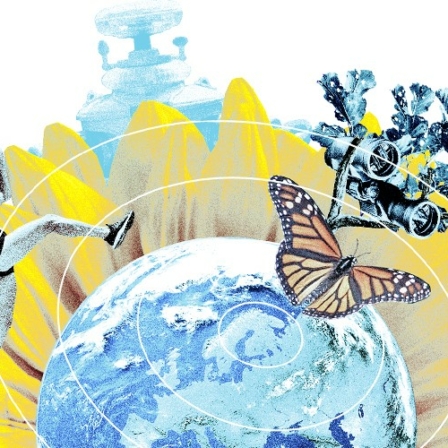
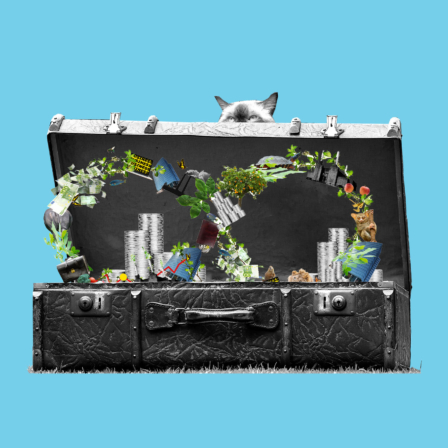
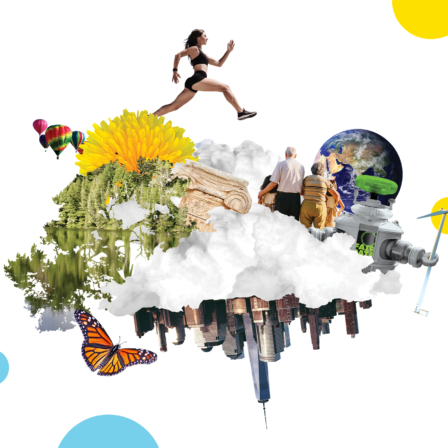
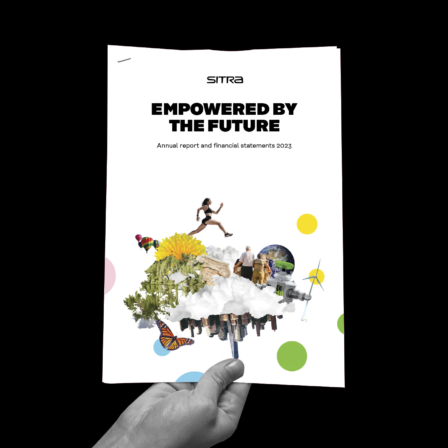






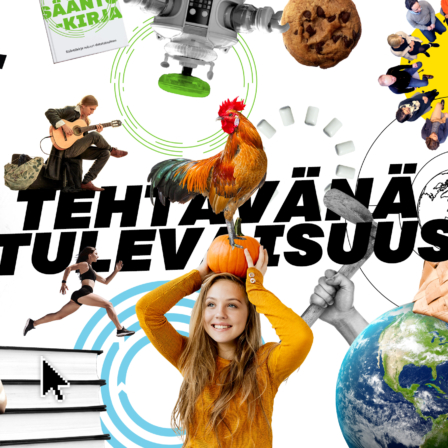



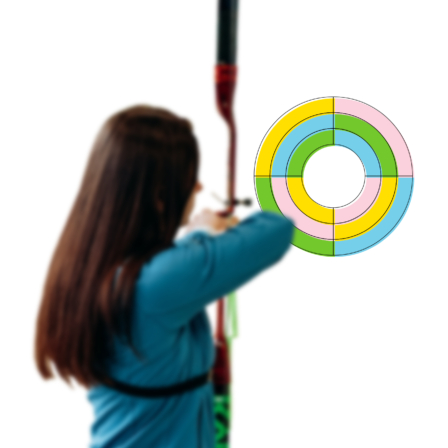

Recommended
Have some more.